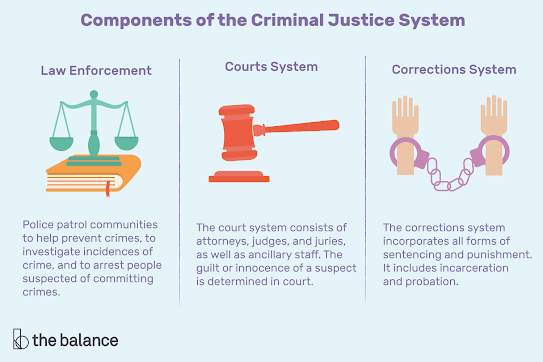Criminal laws
Criminal law is the body of law that relates to crime. It proscribes conduct perceived as threatening, harmful, or otherwise endangering to the property, health, safety, and moral welfare of people including oneself. Criminal laws include punishment and rehabilitation of people who violate such laws.
Examples-
- murder
- assault
- robbery
- trespassing
- rape
Crimes are usually categorized as felonies or misdemeanors based on their nature and the maximum punishment that can be imposed. A felony involves serious misconduct that is punishable by death or by imprisonment for more than one year. Most state criminal laws subdivide felonies into different classes with varying degrees of punishment. Crimes that do not amount to felonies are misdemeanors or violations. A misdemeanor is a misconduct for which the law prescribes punishment of no more than one year in prison. Lesser offenses, such as traffic and parking infractions, are often called violations and are considered a part of criminal law.
FIRST INFORMATION REPORT
A First Information Report (FIR) is a document prepared by police organizations when they receive information about the commission of a cognizable offense
It generally stems from a complaint lodged with the police by the victim of a cognizable offense or by someone on his or her behalf, but anyone can make such a report either orally or in writing to the police, so it is necessary to know about cognizable offenses. These are serious criminal offenses that pose an immediate danger to society such as murder, rape, or robbery.
As described in law:
- When information about the commission of a cognizable offense is given orally, the police must write it down.
- The complainant or supplier of the information has a right to demand that the information recorded by the police be read to him or her.
- Once the information has been recorded by the police, it must be signed by the person giving the information.
CRIMINAL LAWS
- Article 307-attempt to murder
Whoever does any act with such intention or knowledge, and under such circumstances that, if he by that act caused death, he would be guilty of murder, shall be punished with imprisonment of either description for a term which may extend to ten years, and shall also be liable to fine; and if hurt is caused to any person by such act, the offender shall be liable either to imprisonment for life, or to such punishment. - Section 372-Punishment for robbery-
The punishment for robbery is given under Section 392 of the Indian Penal Code, 1860. By this section, any person who commits robbery shall be punished with rigorous imprisonment which may be extended up to ten years and shall also be liable to pay a fine. - Section 352 of 1PC-Punishment for assault-
When a person commits assault on another person other than on grave and sudden provocation given by that person, he shall be punished with imprisonment which may extend to 3 months or fine extending to 500 rupees or both.Credits-Wikipedia



Comments
Post a Comment